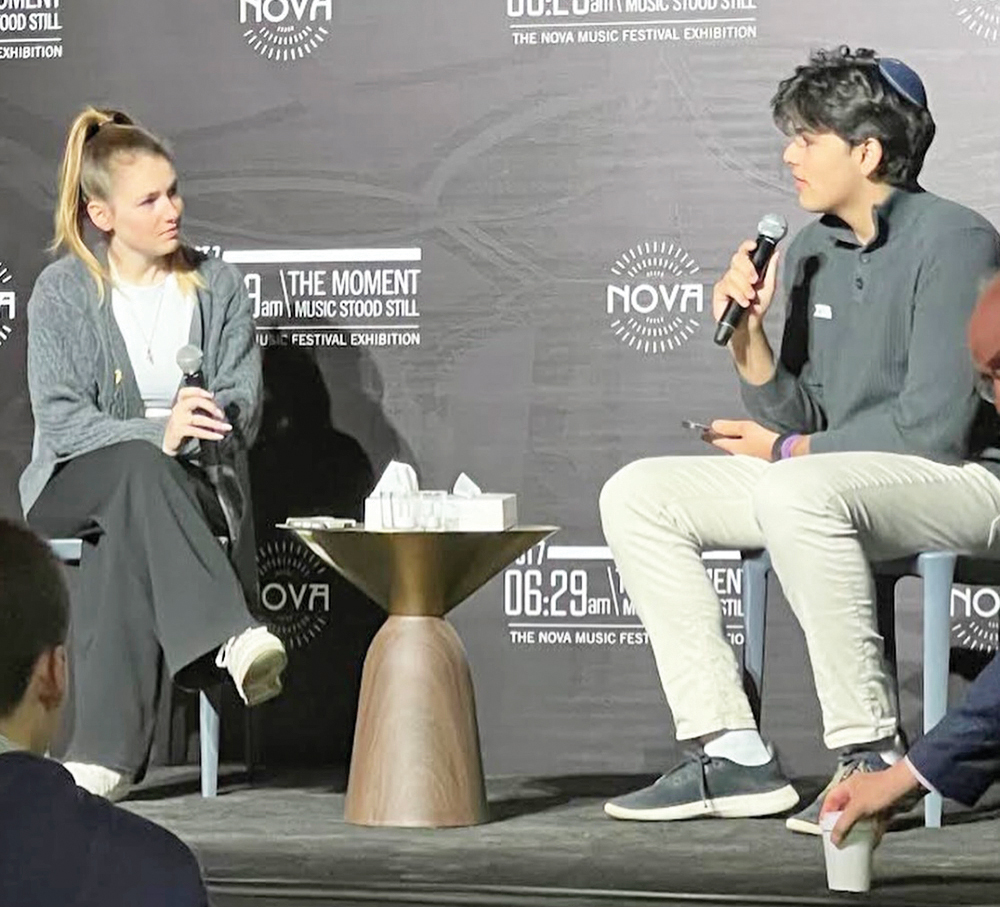My family is a camp family. My parents slept in tents in a Zionist youth camp for young adults, my brother and I spent years in Boy Scout Camp, my wife and her mother were campers, and she and I worked in Orthodox Jewish camps for over 30 years. My children grew up in camps and worked there as staff. Currently, two of my children are serving as camp staff, so now my grandchildren are also campers. Let me state at the outset that I firmly believe in all the salutary benefits of Jewish camping for one’s social, Jewish, and developmental growth. Let me also state that I am a dinosaur, a curmudgeon, and a throwback to a time when rules, structure, respect, manners, and boundaries mattered.
Camp culture is sui generis. If you are not a “camp person” you just don’t get it. Camp is a place with its own special environment. For many generations it was removed from reality because there were no televisions or newspapers. Life in camp had its own schedule, even its own time so the younger children would not go to sleep before it was dark. I understand that time marches on. Today, every camper has a cell phone, an iPad, and many other electronic gadgets. With the possible exception of the Bnai Akiva camps, Jewish camps today are far from rustic. Today’s camps are more like hotels for children, with many bunks having air conditioning.
I cannot begrudge today’s youth their amenities. That’s how they and their parents were brought up. Camp programs are for the most part excellent. Children learn skills, meet new people, have new experiences, hopefully learn about the outdoors, express themselves in music and dramatics, develop athletically, get exposed to 24/7 Jewish life, and participate in a wide range of activities with leadership opportunities.
Camp functions as it should until the teen years. Boys and girls (especially boys) starting at 12-13 are more difficult to manage. This is not news, but in a camp setting it becomes problematic. There was a time in ancient history when I was a child, that authority figures were obeyed and one had respect for one’s elders. If my Scoutmaster, or even my Patrol Leader (two years older than me), told me to do something, he didn’t have to ask twice. Sadly, this is no longer the case, especially in the informal setting of camp.
It must be noted that Orthodox Jewish camps are not cheap. (There are federation camps, yeshiva camps, and Hasidic camps, but this is not about them.) Parents who pay day school tuition, pay for summer camp, and often a vacation after camp prior to school, are usually somewhat affluent. This often leads to a sense of entitlement which is passed on to their children. It’s bad enough when it leads to a conflict in school, but in camp it is out of control.
It may be an overgeneralization, but pre-teens and teens resent being told what to do and when to do it. Again this is not news, but left to their own devices (and they often are) boys would prefer playing basketball or hockey to swimming, boating, or arts and crafts. Girls don’t want to get their hair wet or damage their nails. Getting to davening on time, wearing tzitzit, showing up for shiurim, or going to other mandatory activities is often an ongoing struggle. Campers have been known to tell their counselors that they (the counselors) work for them and hence cannot order them around. Counselors are powerless. Division Heads and Head Counselors are equally incapable of enforcing the rules. Physical manhandling of campers is prohibited and often in a heated conflict parents will defend their child’s actions. Punishing them by restricting them to their bunks is a treat. They come to camp with enough food and electronics to occupy themselves for quite a while. Camp Directors and owners want full enrollments. As long as parents send their children and as long as they keep coming back, no one wants to rock the boat.
At some point all of this laissez-faire may backfire. If sweaty teen-age boys don’t shower regularly or keep their cubbies clean, there can be an insect infestation or even the spread of a contagious disease. All the electronic devices, hair dryers, popcorn makers, microwaves, refrigerators, crock pots, etc. that are found in bunks could cause a fire in a bunk that does not have industrial wiring. Counselors are put in a no-win situation—after all, they want tips.
Camp used to be a place to get away from the city. Now it’s an extension of a privileged lifestyle in the suburbs. This issue is not related solely to camp. Parents have stopped being parents, wanting instead to be liked by their children. When this changes, maybe camp will return to being the idyllic place it is meant to be.
By Wallace Greene













